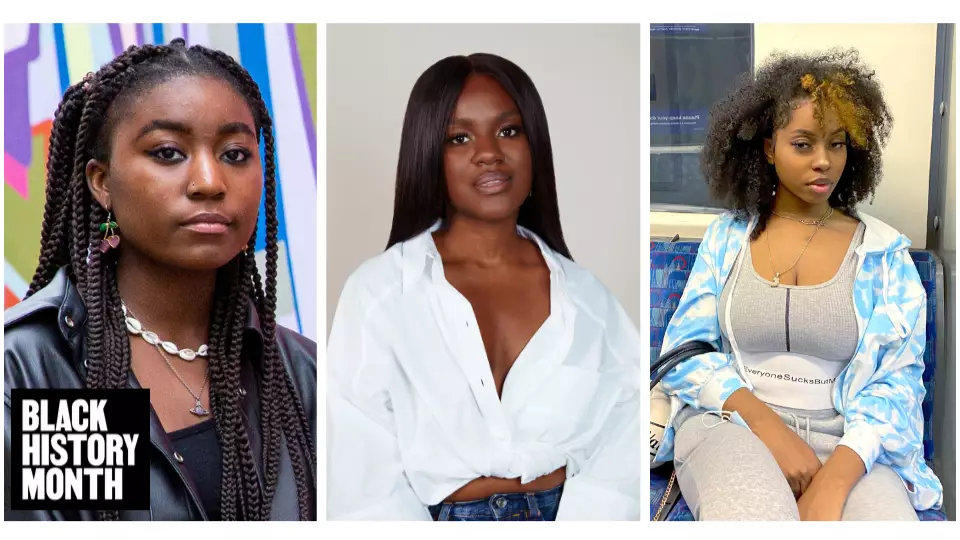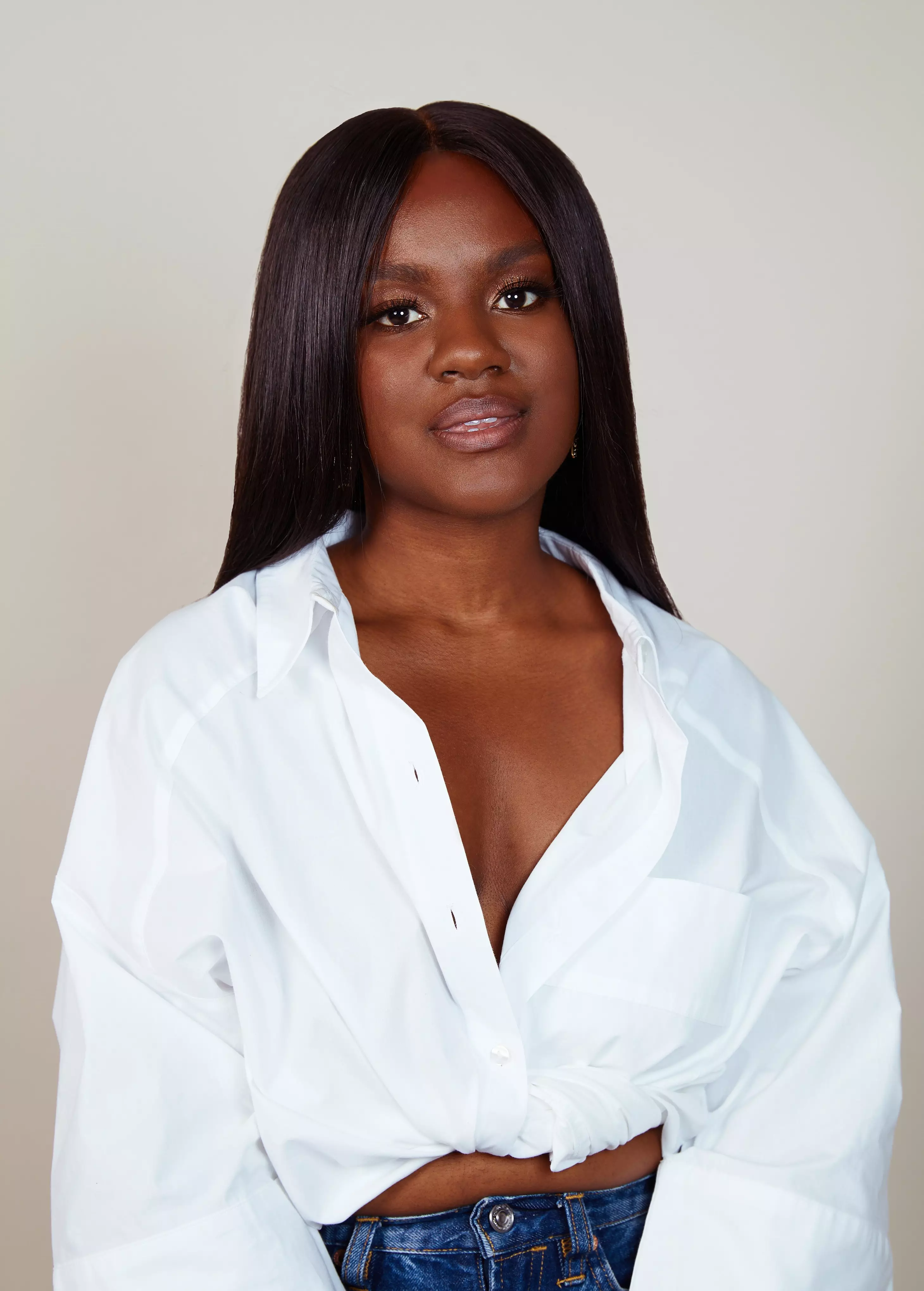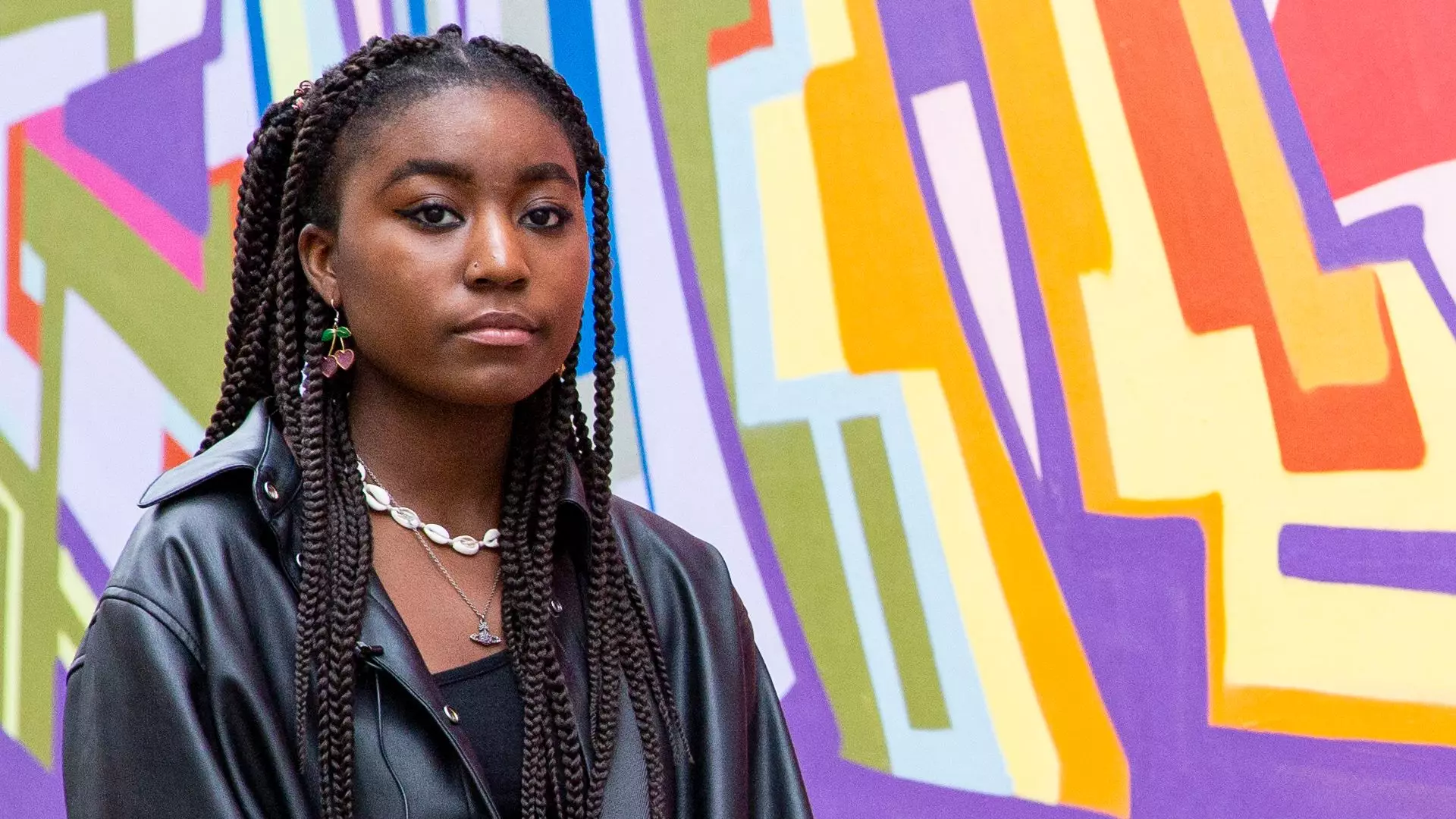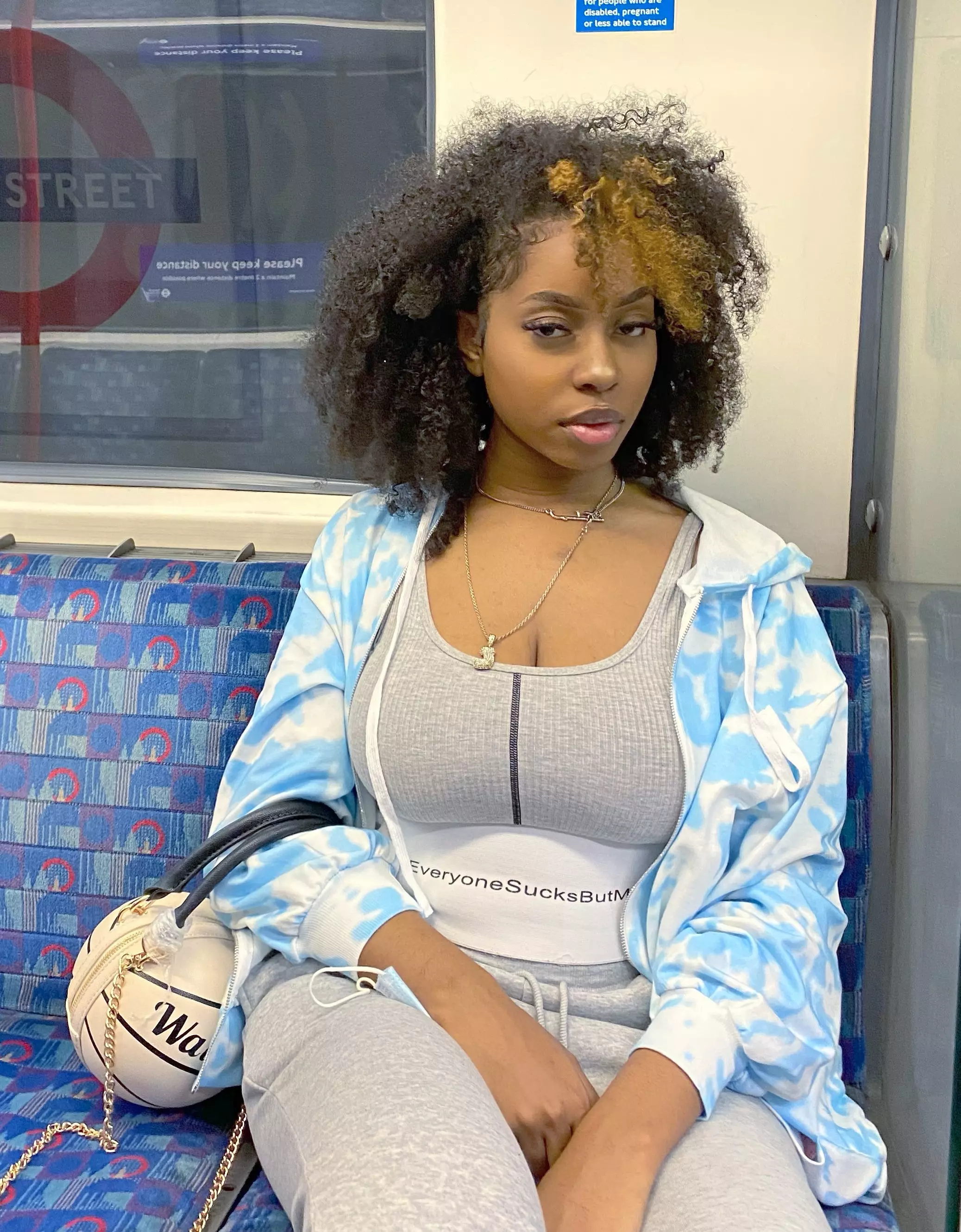
Words by Amber Leaux
"Why don't you go back to where you came from?"
It's a phrase people in the Black community are all too familiar with. So why exactly is it so hurtful? Maybe because the majority of the people who hear these words are living exactly where they come from - regardless of the colour of their skin.
Like me, they are young Black British people; a generation who were born and raised in this country. Many are, in fact, second or third generation migrants; between 1948 and 1971 Caribbean people were invited to the United Kingdom with the promise of a better life and job opportunities. They were brought here to help rebuild the UK after the war. They were invited to come, asked to help out and told to settle down.
More than 40 years on, those people who have now had families and built a life in the United Kingdom have been asked to go back; both informally by people in their communities and in some cases formally by the British government.
I spoke to three young Black British women on their experiences with this negative jibe and how it makes them feel to be dismissed by fellow Brits.
Prinny Rae, 27, from London

"People often ask me where I'm from and I say Edgware. Then they ask again: 'No, where are you really from?'
"My mum is from Sierra Leone and my dad is from Nigeria - but I'm from here. People are sometimes surprised to learn that I was born in this country, which I find bizarre. Why would you not think I'm from here?
"I'm beyond the point of being insulted now, It's just tiring. Why do I have to keep having these conversations and explaining to people, or trying to unpack their ignorance? Why is this even a thing?
"Ultimately it makes me feel uncomfortable and confused about my identity. It's marrying the legal aspect with the societal/ cultural view on who you are, and that becomes quite awkward. I often feel really displaced. Yes, my mum and dad are from west Africa, but I don't fully identify with those countries either.
"So when you go 'back home', it's actually not home. But in the country where you were actually born, you're also treated as another. You're just lost."
Prinny is a fashion and lifestyle blogger and co-host of Her Style Secrets podcast
Naomi Eluwa, 20, from London

"I experience the 'go back to where you came from' jibe regularly. At first it really got under my skin, but I've come to realise that it stems from ignorance and a lack of general understanding this country has about people of colour and the contributions they have made to this country and the economy.
"One of my viral TikTok videos was made in response to somebody telling me to go back home to my own country and I was like, what about the Windrush Generation? The government asked for people to come to this country to help rebuild the economy, help rebuild the NHS, our public transportation system. But many people don't know that, nor understand it.
"I'm a university student who studies history and never in my actual years of formal education did we learn about Black history."
This experience is not unique to Naomi. There is a generation of Black Brits who struggle with their identity for this very reason. How can you see yourself as being British, when everything you are taught in school is about white people - and if the only reference to Black people is when you are reminded consistently about slavery, as if that is the only contribution that Black people made to British history?
"Black people have existed in this country for so many years, for centuries, but [not everybody] knows that. People feel validated in making statements like 'go back to where you come from' because of the whitewashed version of history they have been taught.
"I am a second-generation immigrant, I was born and raised here. I do still very much identify with my Nigerian side, but I am British. This is what I know, it's where I was raised, what I love and what I'm comfortable in and it's my home.
"But when you say 'go back to where you came from', you're making someone feel alien in their own home. Making them feel like they don't belong where they know, which can bring up so many identity issues for people of colour because you're being told you don't belong in the place you grew up. So where do you belong?
"If my home isn't the place I know, then where is my home? Our ancestors have been here for so long and have helped to build this country after WW2, something that robbed so many people of their lives. It's insulting on so many levels.
"The UK is such a diverse country, even though many people look the same, we are still all so diverse. Telling us to 'go back to where you came from' is a null and void statement."
Advert
Naomi appears on BBC Three's Go Back To Where You Came From, available on iPlayer now
Jordene Phillips, 20, from Barking

Earlier this year, Jordene hit headlines when she set up a fundraising page, urging racists to pay for her to 'go back to her own country'.
Explaining her reasons for setting up the page Jordene, who has lived in the UK her whole life and whose country of descent is Jamaica, says: "It was a build-up of my experiences in workplaces, schools and people.
"I think it's disgusting that we live in a world where you get penalised and attacked because of your appearance. There is only so much I can do. It was getting too much. [So I thought], since you want me out of your country so badly and everyone has the attitude that I don't belong here, why don't you pay for me to leave?
"It's the constant negative energy towards me from people in this country. Sometimes it makes me feel insecure as a Black woman. I don't want to always assume it's about race, but I do not experience this when I am around my own people.
"What makes it worse is that we were asked to come here. Jamaican people were deceived and told they would have all these benefits, only to be called racial slurs and to be abused by the system. It's horrible that people tell me to go back. I was born here."
Featured Image Credit: Tyla